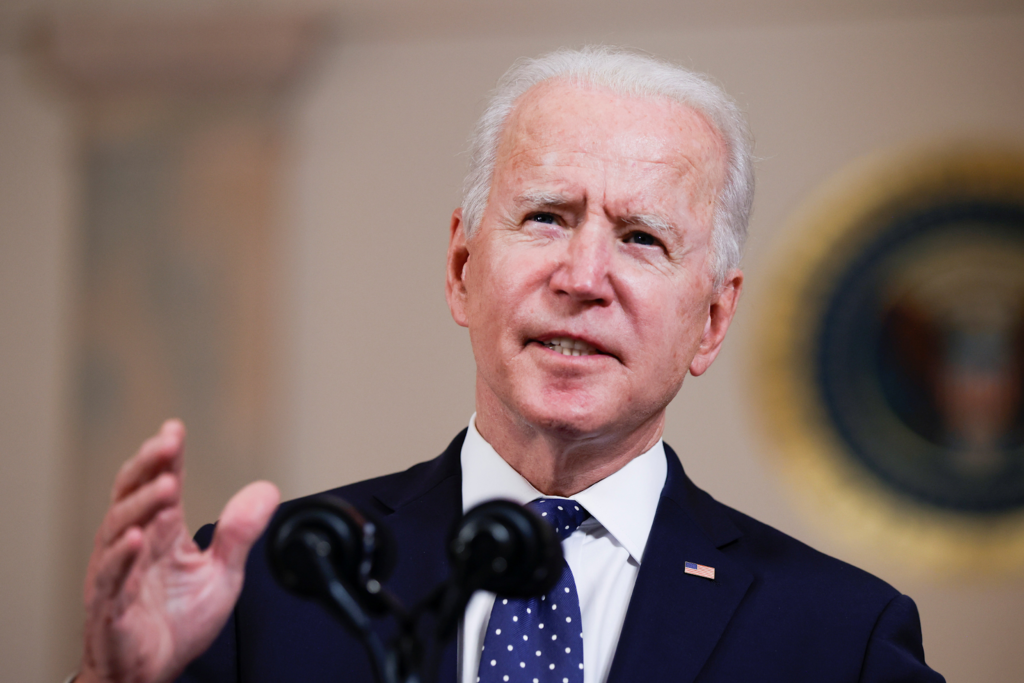Biden’s Ambitious Energy Plan Comes Under Fire

Image Courtesy of NBC News
By Alex Harvey
A desperately needed plan or an unrealistic vision? Biden’s new energy initiatives have come under intense scrutiny in recent days. Just last week, Biden announced on Earth Day his new plan for reducing U.S. emissions 50% by the year 2030 in order to “put the country on a path to net-zero emissions by mid-century.” Going hand in hand with his new two billion dollar infrastructure plan, Biden hopes to use this aggressive goal as a way to reduce emissions and transform the U.S. economy in the process.
His vision calls for massive economic and domestic changes that are deemed unrealistic by major politicians on both sides of the political aisle. Most of the opposition to these climate initiatives has surrounded fears of losing important U.S. jobs tied to the fossil fuel industry as well as worries that the timeline is far too rushed within a decade time span. After all, the U.S. energy heavily relies upon fossil fuels with almost 80% of the energy demand being met by this industry as of 2018.
And despite offering a clear vision for the future of the American economy, Biden and his administration have provided little to no specific details as to how they are hoping to enact these changes which has induced worries over the actual potential of this new initiative.
Other major criticism surrounds foreign nations, particularly China’s influence on global emissions. Top Republican on the House of Energy and Commerce Committee, Cathy McMorris Rodgers, argues that President Biden’s decision could “severely hamper our global competitive edge to the benefit of the Chinese Communist Party, the world’s top carbon polluter.”
Despite Republican opposition, it seems as if Biden’s vision may come to fruition with enough support to hit the ground running in the coming years.
“This is a moral imperative. An economic imperative. A moment of peril, but also a moment of extraordinary possibilities” Biden insisted in his official announcement.
These possibilities stem from Biden’s belief in the creation of a whole new slew of job openings particularly in the form of industrial jobs connected to renewable energy resources. In this way, Biden hopes to reassure those in opposition that with the loss of certain fossil fuel jobs will come a massive influx of new opportunities.
Taking a radically different direction, some have also criticized Biden’s initiatives as too slow in responding to the climate crisis. Energy director at the Center for Biological Diversity, Jean Su, recently argued that, “a pledge to cut emissions 50% by 2030 simply isn’t big enough to meet the massive scale of the climate emergency.”
These critics believe it is essential for the U.S. to take immediate steps in moving the economy away from a dependence on fossil fuels to one built upon renewable resources.







